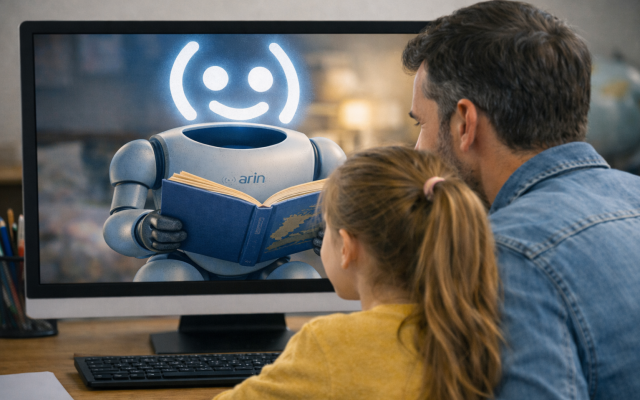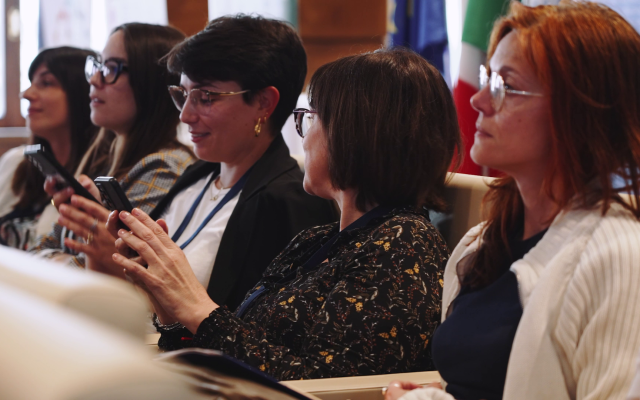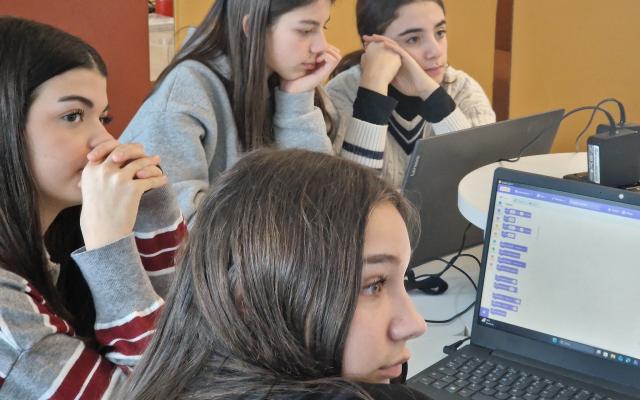In Agenda Digitale, Mirta Michilli explores the model developed by the Fondazione Mondo Digitale
In a new article published in Agenda Digitale, Mirta Michilli, Director General of the Fondazione Mondo Digitale, reflects on “firtual” education as a concrete response to the challenge posed by artificial intelligence in schools.
In line with the thinking of Alfonso Molina, who first came up with the concept back in 2004, the firtual approach starts from the need to distinguish in order to integrate, building educational environments in which the physical and digital worlds reinforce each other.
‘The firtual model stems from the need to integrate, without confusing, the physical and digital worlds,’ writes Michilli. ‘Educating about artificial intelligence not as a neutral technique, but as a civic and relational challenge.’
The text also looks at some concrete examples of the model's application, such as Interland4All, the accessible and multisensory version of Google's video game, and Pathway Companion, the guidance project with integrated intelligent tutoring, already tested in various courses run by the Foundation. Both are built according to a firtual logic, which focuses on inclusion, relationships and well-being.
The heart of the proposal is clear: school is the place where a new culture of artificial intelligence can and must be formed, capable of combining innovation and humanism, technology and meaning. An education that is not limited to the use of tools, but cultivates critical and relational skills, starting with the training of teachers, identified as a real educational urgency of our time.
From onlife to “firtual”: an educational response to the challenge of AI
Firtual education is a pedagogical model capable of integrating the digital and the physical in a conscious and planned way. This approach is essential to address the educational challenge posed by artificial intelligence without sacrificing relationships and meaning
by Mirta Michilli
Digital Agenda, 28 July 2025



